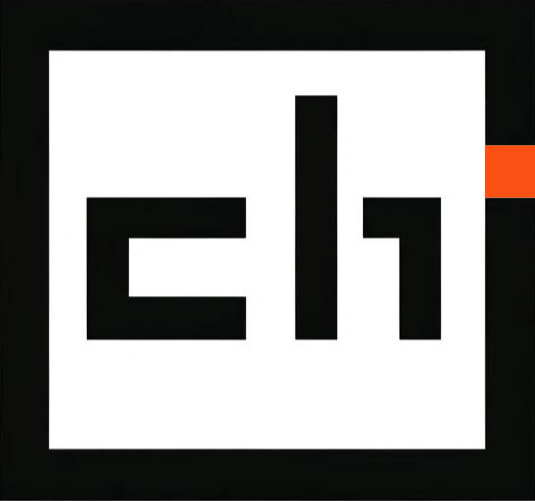South Korea and the European Union will work together to develop 5G wireless network technologies and to reach global consensus on standards. The two sides agreed on the need for a harmonized radio spectrum policy for ensuring global interoperability of 5G networks, as well as global technical standards, the European Commission and the South Korean government said Monday. The EU and South Korea will collaborate with the Third Generation Partnership Project, a group of telecommunications standards organizations, and with the International Telecommunication Union, which sets global policies for spectrum use. By forming a joint research and development group, the EU and South Korea plan to cooperate on developing ICT services for the cloud and the Internet of Things, among other areas.
The European Union and South Korea are expected to unveil a new partnership today which focuses on the development of 5G networks. According to draft documents viewed by the Wall Street Journal, South Korea and the European Union will set up a joint research group for 5G system development, the creation of technology standards and radio frequency preparation to ensure 5G technology can be accommodated in the future. The joining of forces will be overseen by two major groups: Europe’s 5G PPP and the South Korean 5G Forum. Overall, the group’s target is to play a dominant role in setting a “global consensus” and vision by the end of next year. According to the EU, while one hour of high-definition footage can be downloaded on 4G networks in approximately six minutes, 5G technology would cut this time down to only six seconds or less. It is hoped that speeds of up to 1Gbps can be achieved, and mobile 3D images, Ultra-HD, hologram transmission and “cutting edge” social networking services will be supported. A report released by network monitor OpenSignal suggested that as of February 2014, there are 76 countries with LTE currently active — but coverage and user experience varies. South Korea — which has a mobile penetration rate of over 100 percent — is the best performer, with the average user experiencing LTE 91 percent of the time. The EU is no longer a top dog in terms of communications technology, and 4G is patchy at best across the bloc. Unless the EU catches up, economic growth is likely to suffer, something EU businesses have criticized for years.
